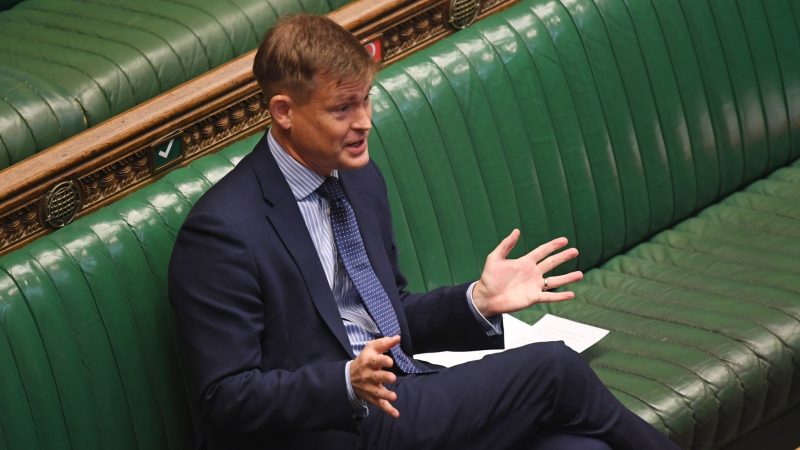
It is now over 1,650 days, or four and a half years, since the Taylor review was published. That was when over 50 recommendations were made on how to begin to tackle the unfairness and exploitation involved in many gig economy jobs, yet fewer than ten of these proposals have actually been implemented by the government. The Queen’s Speech from December 2019 had the promise of an employment bill in it, which was expected to deal with many of the remaining recommendations. We are still waiting for that legislation.
The rise of the gig economy and insecure work has been one of the hallmarks of a decade of Conservative failure to create high quality jobs. In response, the government commissioned the Taylor review, which identified problems such as low wages, low productivity and exploitation. But having identified the problem, the government don’t seem to have any desire to do anything of substance about it.
At the heart of the government’s response to the gig economy is a fatal misunderstanding that there must always be a trade-off between flexibility and security. Of course, there are many who are self-employed who enjoy the benefits of flexibility, but there are many others who may want some flexibility while also needing security. At the moment, they have no security and no flexibility.
Where is the security if you fall ill and can’t work? At the start of the pandemic, Matt Hancock as Health Secretary famously admitted he could not afford to live on statutory sick pay, yet it has remained at one of the lowest levels in Europe. Millions of people still can’t even claim it. If the Tories can’t address this scandal in a pandemic, when will they?
Allowing exploitative work models to grow unchecked is a political choice that this government has made, which undermines the majority of British business. A Labour government would tackle the problem directly. We have worked hard on our policies, alongside our trade unions, and consulted business representative organisations, leaving us with a radical and transformative employment rights green paper. Published last year, it shows how we would help create the protection, stability and fairness many need by legally redefining the work relationship and getting rid of qualifying periods before rights kick in.
We will give all workers equal rights on day one of their engagement and ban zero-hours contracts – so that every worker gets a guaranteed number of hours each week, with an on-call payment for the hours the employer may want the employee to work. And critically, we will create a presumption everyone is a “worker” unless they are clearly self-employed. This will see an end to the current gaming of the system where those with the deepest pockets, the most expensive lawyers and the newest technology continually move the goalposts in a deliberate, calculated and cynical way to deny people basic workplace rights.
Putting this right is a crucial cornerstone of creating a fairer society. How can people plan for their future if the labour market is so parasitic that it takes everything just to keep their head above water, and they are always just one mishap away from disaster? Rights aren’t a dirty word – and they aren’t just about individual dignity and respect in the workplace, they also bring important social and economic benefits for this country. They give people a stake in society, knowing that if they do a good job, if their employer runs its business well, they will be rewarded.
Keir Starmer’s vision of a country where everyone has “security, prosperity and respect” applies just as much to the workplace as it does to other aspects of life. On Wednesday morning in Westminster Hall, along with Tan Singh Dhesi and other Labour MPs, we will be pressing the government to deliver on the promises they made in the Taylor review – but we know their heart isn’t in it. Workplace justice will need, as it always does, the Labour Party to be in power to be delivered.




More from LabourList
Government abandons plans to delay 30 local elections in England
‘The cost of living crisis is still Britain’s defining political challenge’
‘Nurses are finally getting the recognition they deserve’